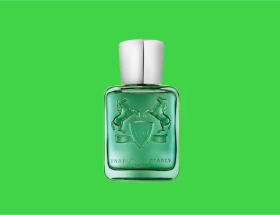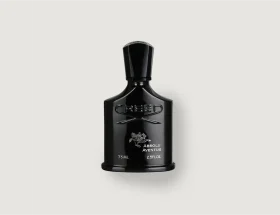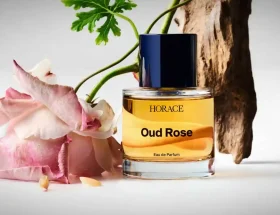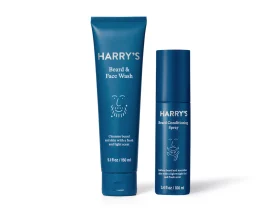
Unlocking the secrets of seasonal hair care
We’re all used to changing our style as the seasons change, but how many of us know to change our hair care routine too? You may be happy using the same products all year round, but you can better serve your hair by giving it the nourishment and protection it needs through different seasons. We delve into this more below.
How do different seasons impact your hair?
The environment plays an important role in our health and wellbeing in more ways than you may realise. Changes in temperature, humidity, UV exposure and other external factors all interact with our bodies and impact things like skin, hair, nails and the functioning of our organs.
As the weather warms up, humidity tends to increase, and our hair soaks up excess moisture from the atmosphere. This is where the dreaded frizz really comes into play. Heat and humidity can also cause sweat which causes hair to look oilier.
Don’t forget the sun and UV rays – just like your skin needs protection from the sun, so does your hair. Excessive exposure to the sun can damage your scalp and strands, making hair more dry, brittle and dull. We all want to avoid that!
During colder months, the atmosphere pulls moisture from our bodies, which is why so many people suffer from dry skin and lips in winter. Your hair is no different, it can lose moisture in cold spells and become drier and more prone to breakage. Furthermore, regular switching from warm heated environments to the outdoors can exacerbate the issue.
How can I look after my hair in spring and summer?
In warmer and sunnier months, protecting your hair from excessive UV exposure should be your priority. This can be done with SPF conditioner and hair sprays, or with physical barriers such as hats and scarves. Doing this, particularly during the height of the day should help to protect your hair and scalp from sun damage.
It’s also a good idea to avoid the over-use of chemical cosmetics and strong shampoos during the summer months. Dye before or after the hottest periods and ensure you’re using a nourishing conditioner to rehydrate your hair as much as possible. If you do suffer hair thinning or loss during summer, a hair thickening shampoo can help to make yours look fuller again.
If you’re going swimming, make sure to shampoo after contact with salt or chlorine because these can damage your hair if left to dry.
How can I look after my hair in autumn and winter?
In colder months, moisture retention is essential. Insulating your head and scalp can be effective in stopping the elements from drying out your hair and making it more brittle – woolly hats, scarves and head warmers are a good idea.
It’s best to avoid over-washing with shampoo because this can strip your hair of essential oils and nutrients that help to lock in moisture. Dry shampoo can help to bridge the gap between extended intervals between wet washes.
Oil-based treatments work wonders in winter to restore any oils that you lose naturally. Argan, coconut and almond types are particularly effective and can help to repair your hair during cold spells.









